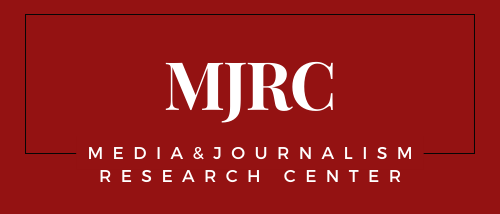Islands of Independence: Public Broadcasters Resisting Capture in Asia
In Asia, genuine editorial independence in public media remains a rare exception, as Rayhan Jasin reports in the latest commentary published as part of our State Media Monitor project.
The article analyzes these seven outliers in Bhutan, South Korea, and Taiwan, examining how they protect editorial integrity amid both governmental pressure and internal threats. Bhutan’s Kuensel Corporation, despite a majority government stake, is classified as Independent State-Managed (ISM) due to its balanced reporting and pluralistic governance. In South Korea, while KBS has been downgraded due to political interference, EBS, MBC, and Yonhap continue to demonstrate strong independence through diverse revenue streams, participatory leadership, and oversight mechanisms. Taiwan presents a unique case: its state-owned outlets—RTI, TBS, and CNA—maintain a commendable degree of editorial freedom, enabled by legal safeguards, diverse funding strategies, and autonomous governance. Notably, CNA has reduced its reliance on government funding significantly since 2019.
However, the article warns that institutional protections alone are not enough. Even previously independent outlets like KBS and Thai PBS have succumbed to “threats from below”: internal decay, public apathy, and disinformation campaigns. The article argues that defending independent public media in Asia requires more than resisting authoritarianism; it demands cultivating trust, ensuring transparency, and confronting both top-down and grassroots threats.
Read the full article on our State Media Monitor website.
Invest in independent media research and join a community of practice.
Your contribution supports MJRC’s investigations and global analysis. As a supporter, you can receive early access to new findings, invitations to small-group briefings, inclusion in our Supporters Circle updates, and the option to be listed on our Supporters Page.
Contribute to MJRC
